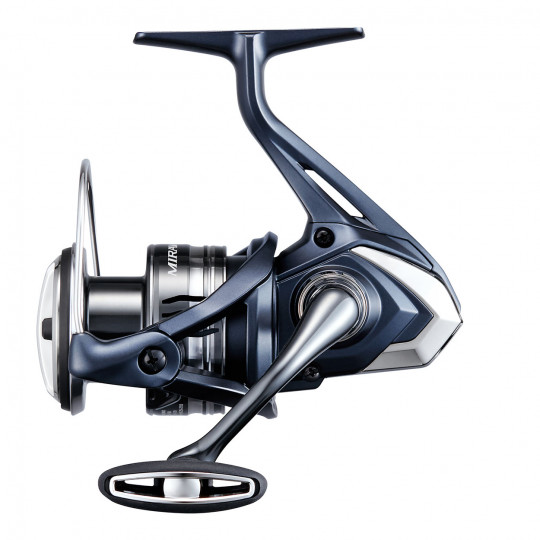
Spinning reel Shimano Miravel
Shipping 24 H
Barracuda fishing is an exciting activity that is much appreciated by anglers of all levels. To maximise your chances of catching this predatory fish, it's essential to get the right equipment.
See the bottom of the page for advice on selecting the best equipment for barracuda fishing: rods, lures and reels.
94 products

Shipping 24 H
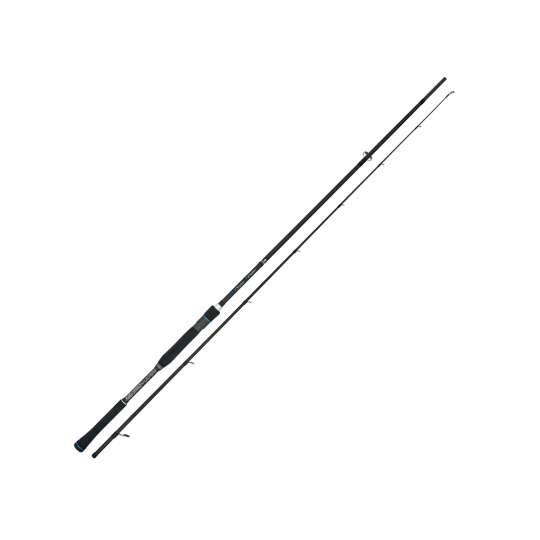
Shipping 24 H
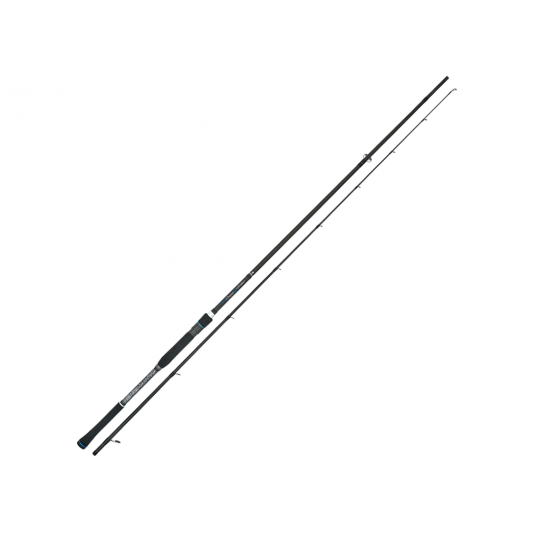
Shipping 24 H
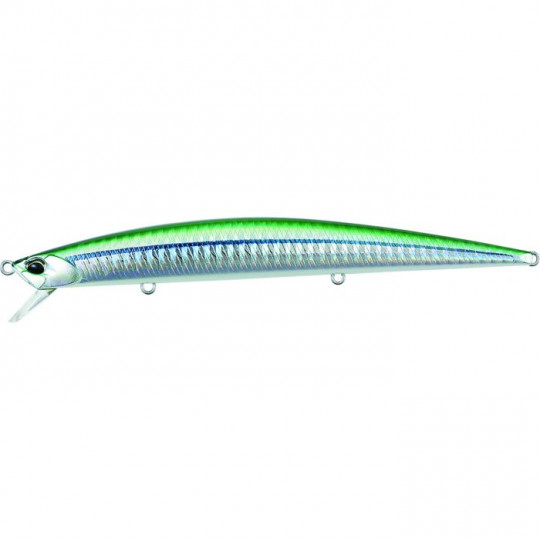
Shipping 24 H
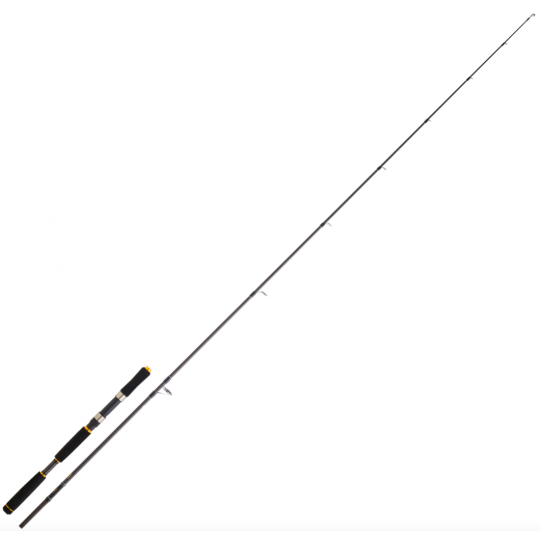
Shipping 24 H
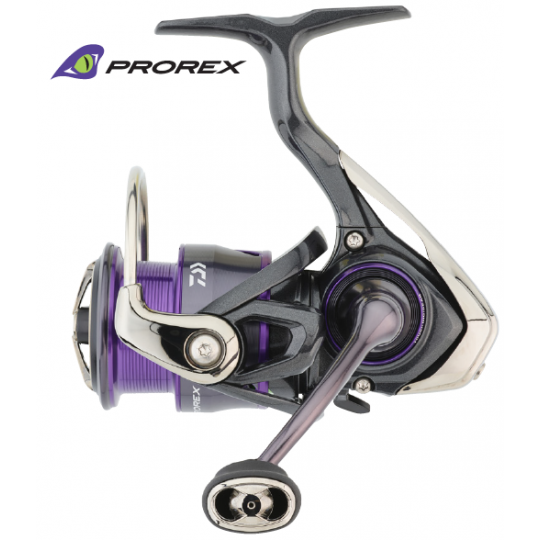
Shipping 24 H
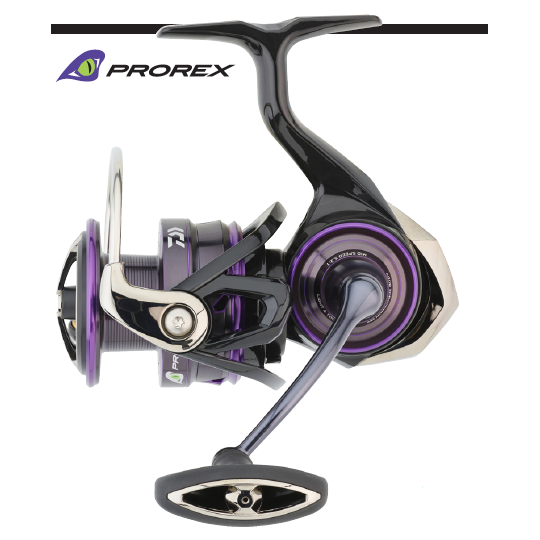
Shipping 24 H
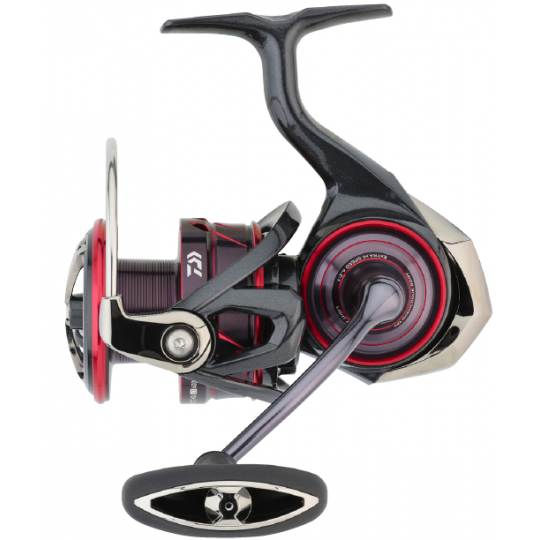
Shipping 24 H
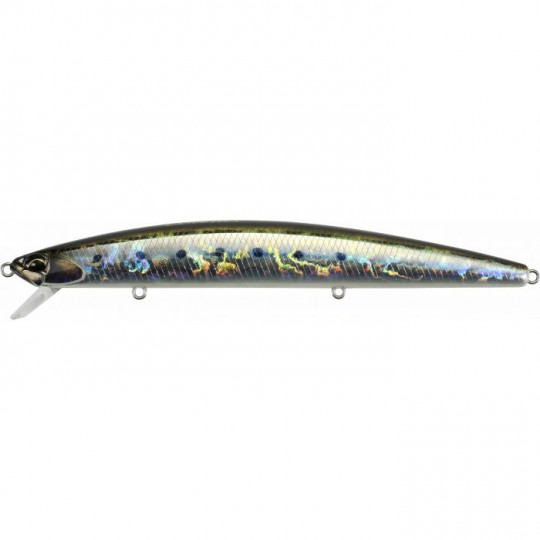
Shipping 24 H
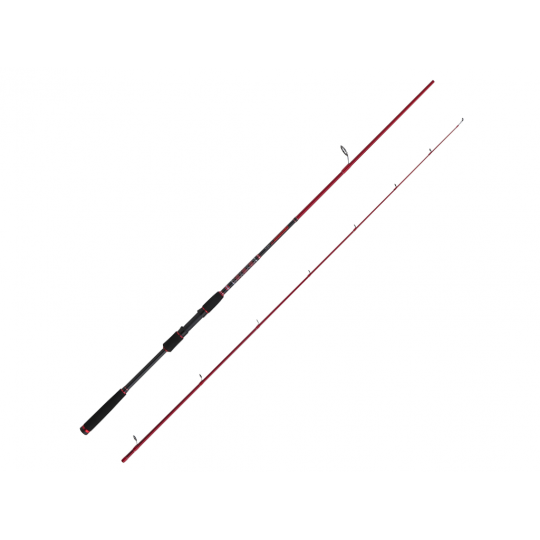
Shipping 24 H
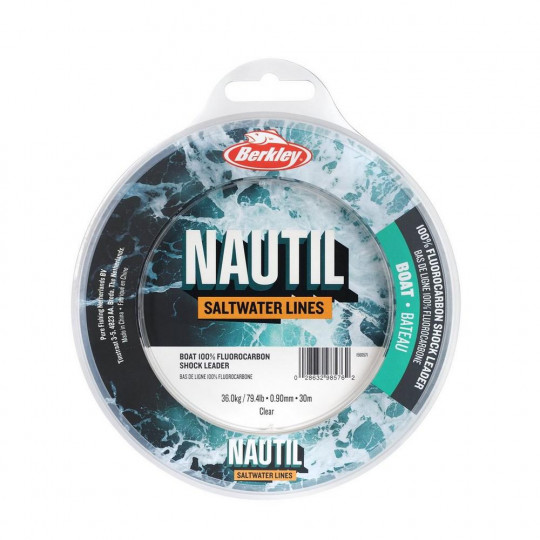
Shipping 24 H

Shipping 24 H
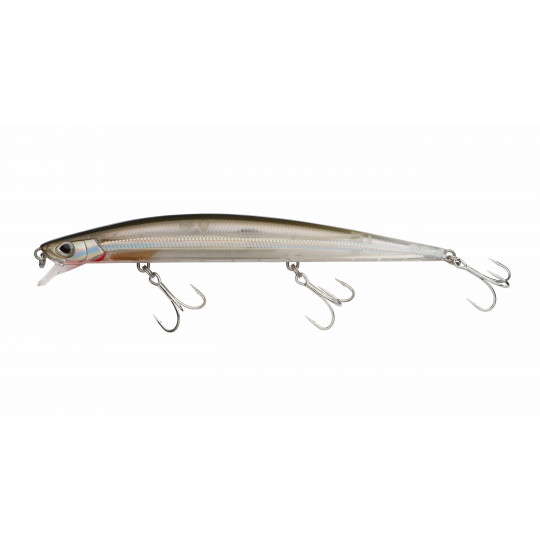
Shipping 24 H
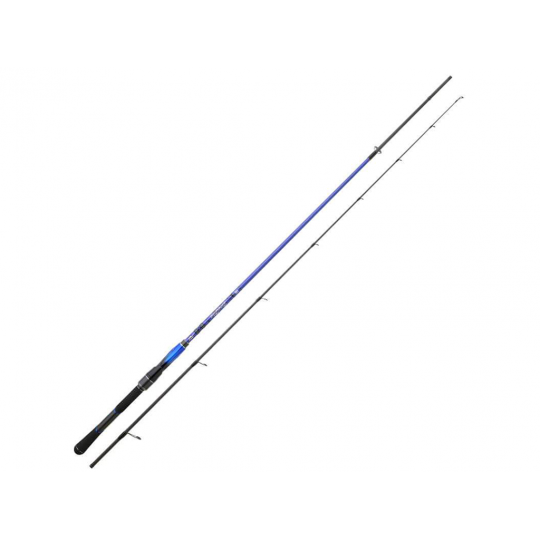
Shipping 24 H
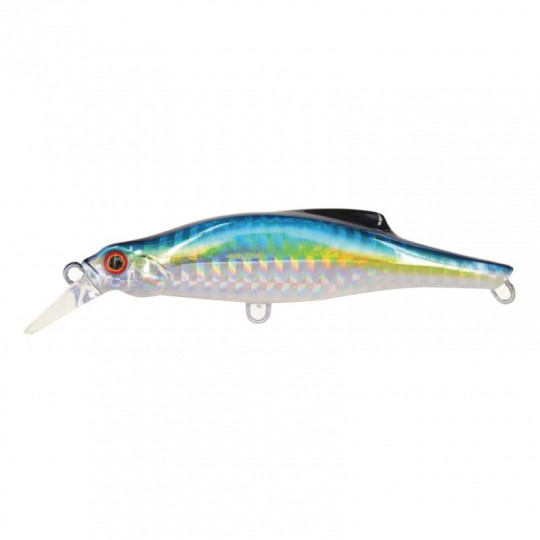
Shipping 3 à 5 jours
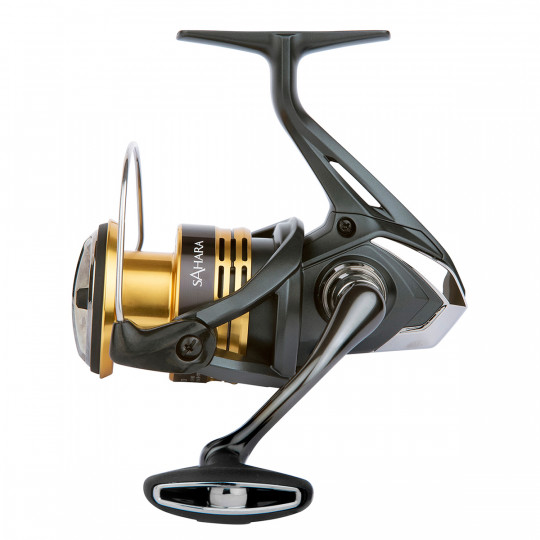
Shipping 24 H
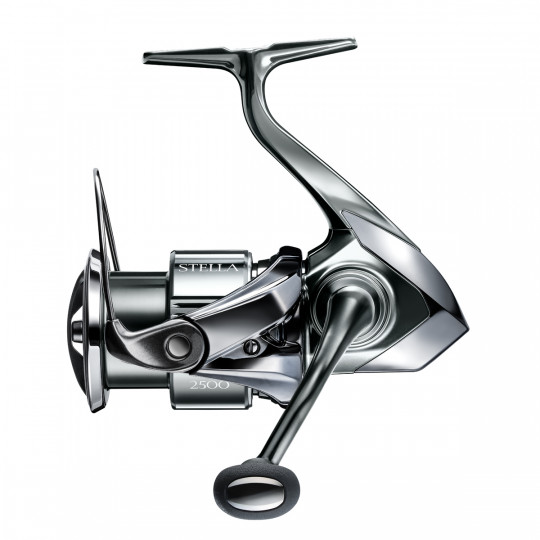
Shipping 24 H
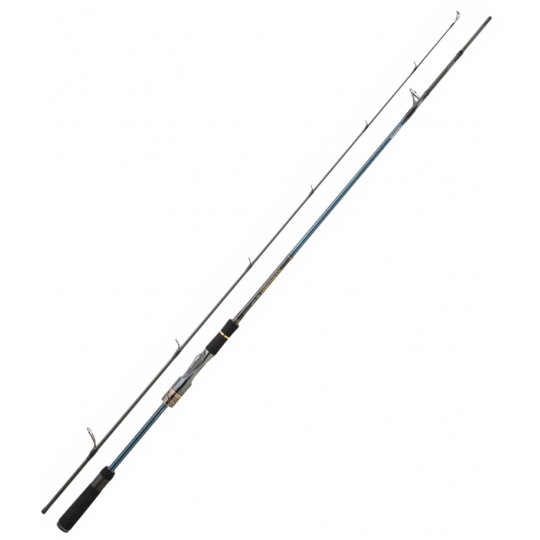
Shipping 24 H
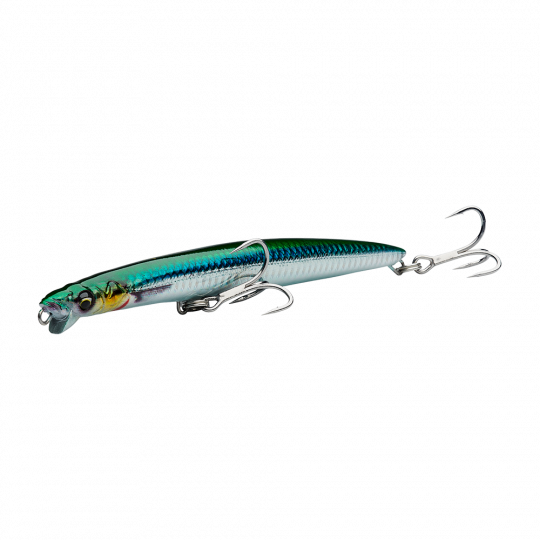
Shipping 24 H
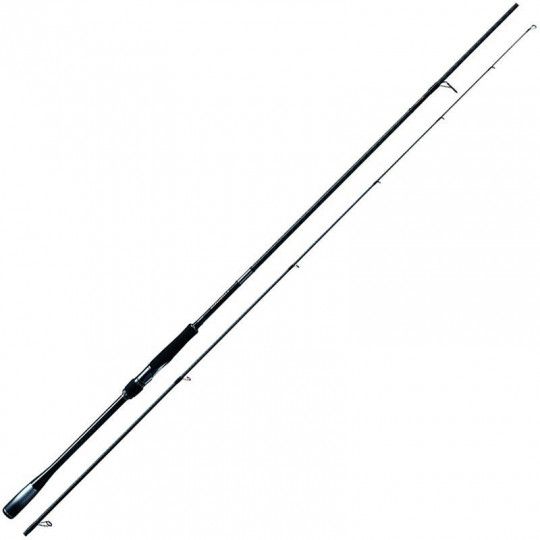
Shipping 24 H
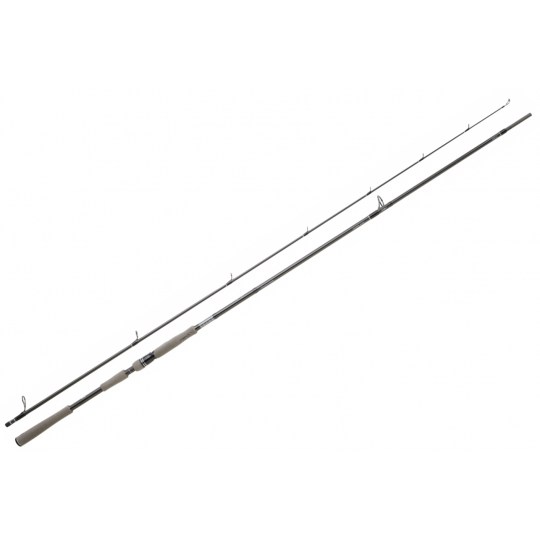
Shipping 24H
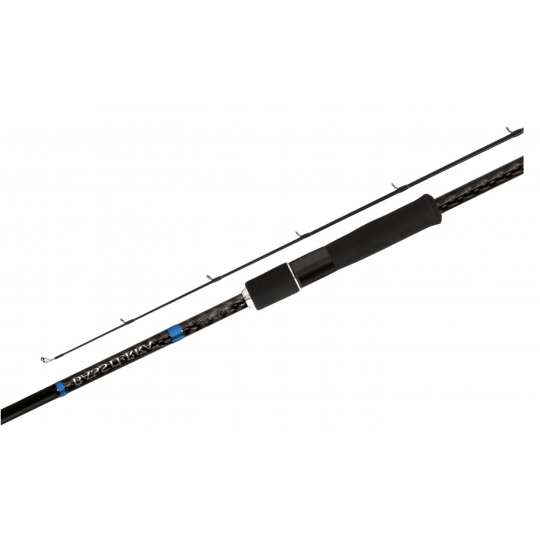
Shipping 24 H
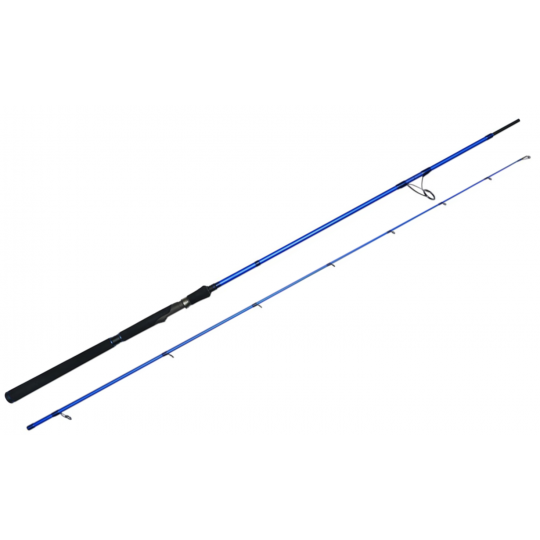
Shipping 24 H
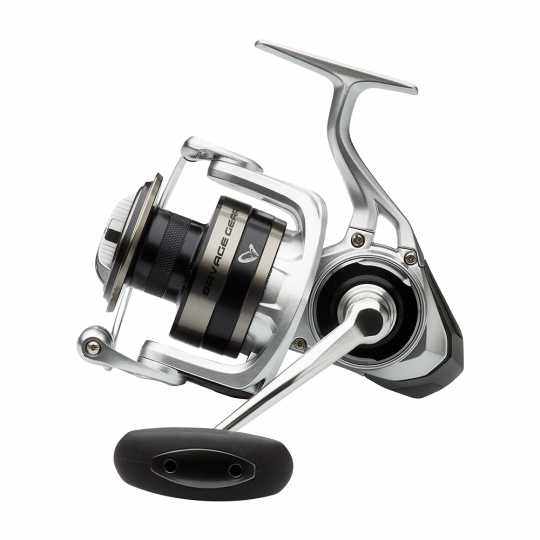
Shipping 24 H
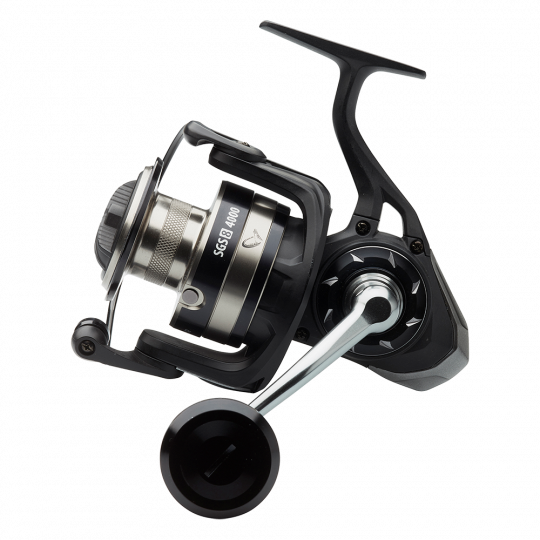
Unavailable at the moment
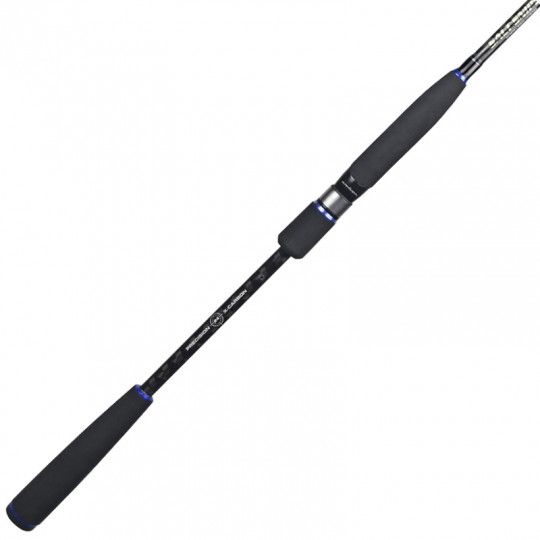
Unavailable at the moment
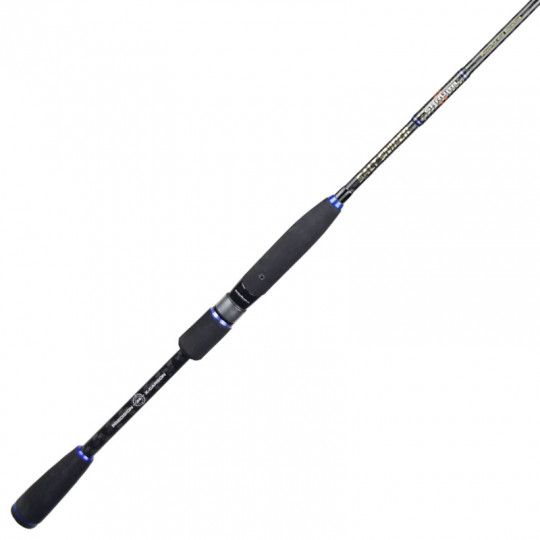
Unavailable at the moment
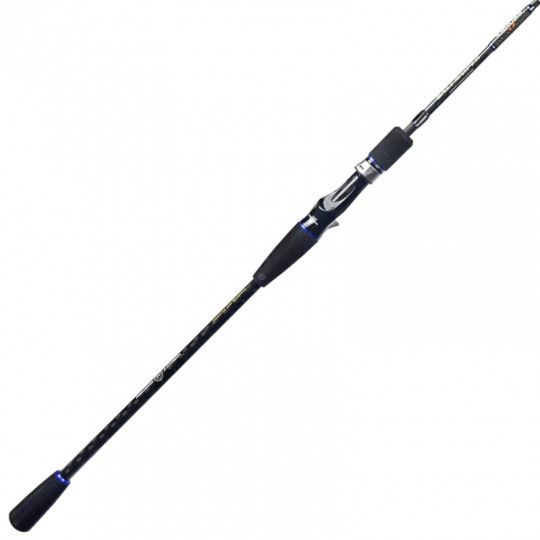
Unavailable at the moment
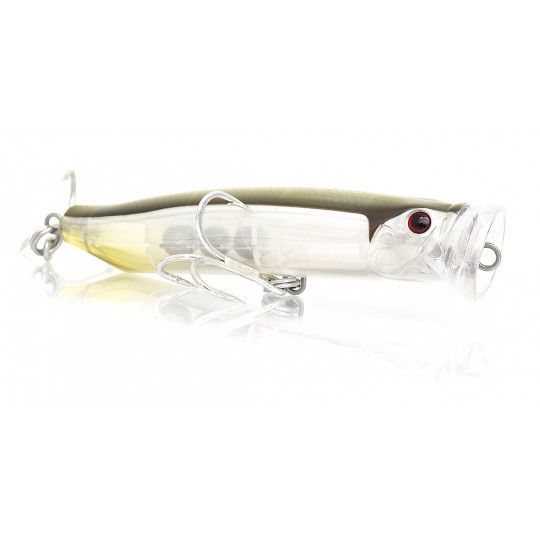
Shipping 24 H
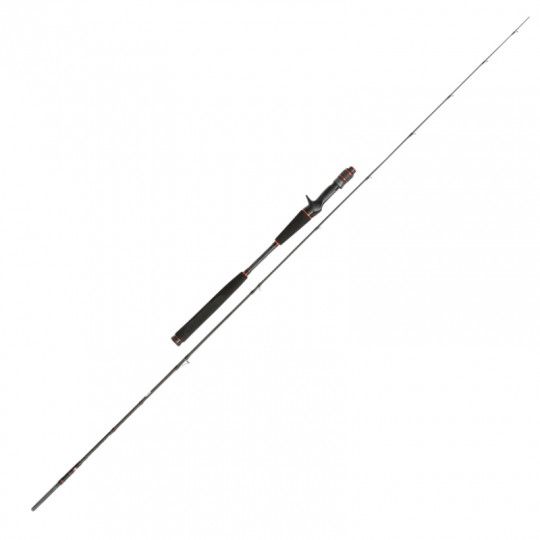
Shipping 24 H
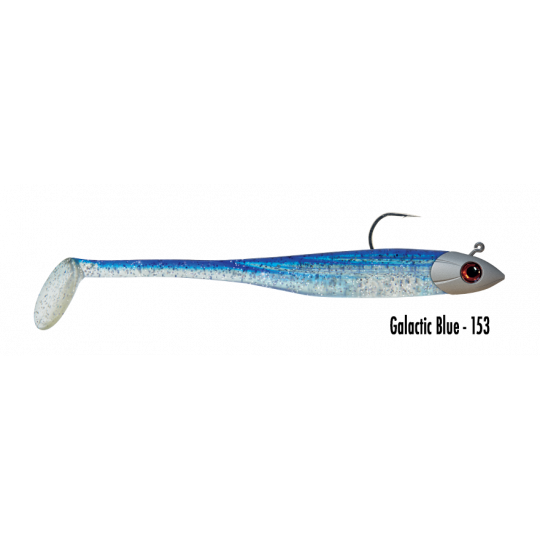
Shipping 24 H
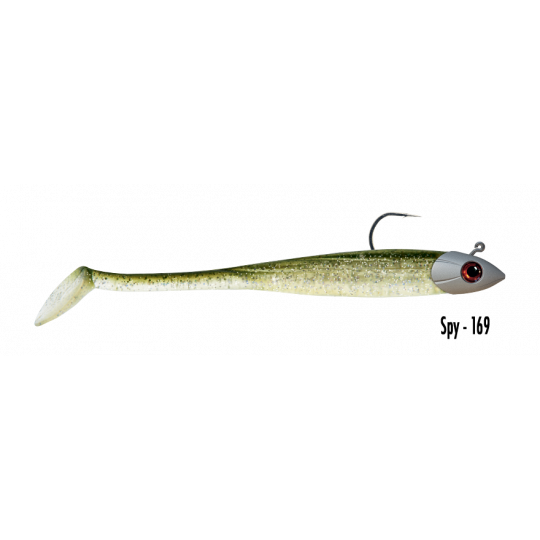
Shipping 24 H
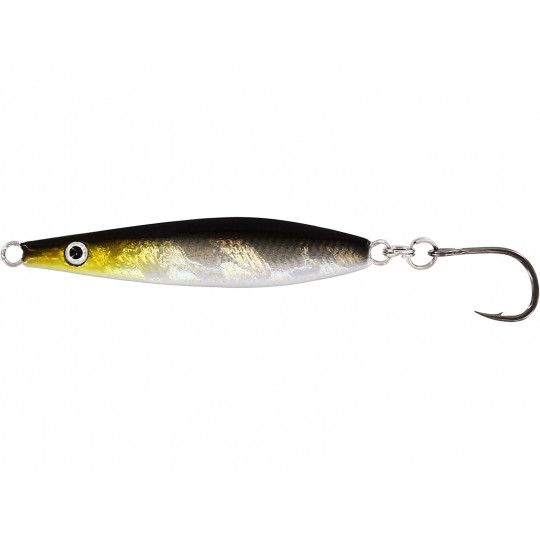
Shipping 24 H
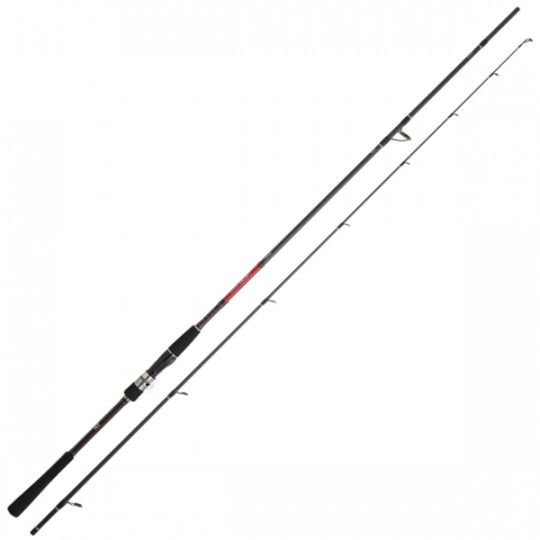
Shipping 24 H
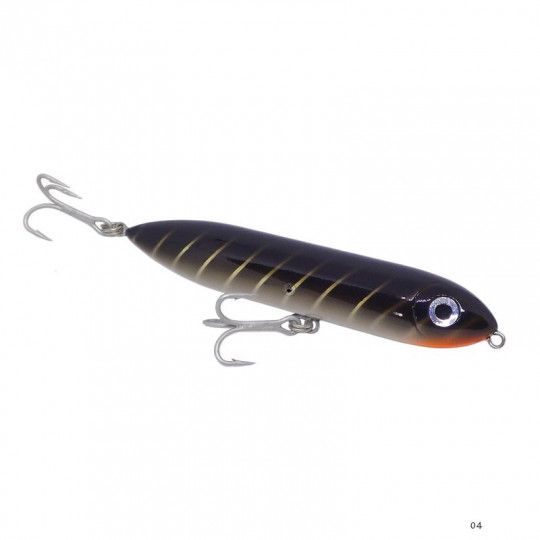
Shipping 24 H
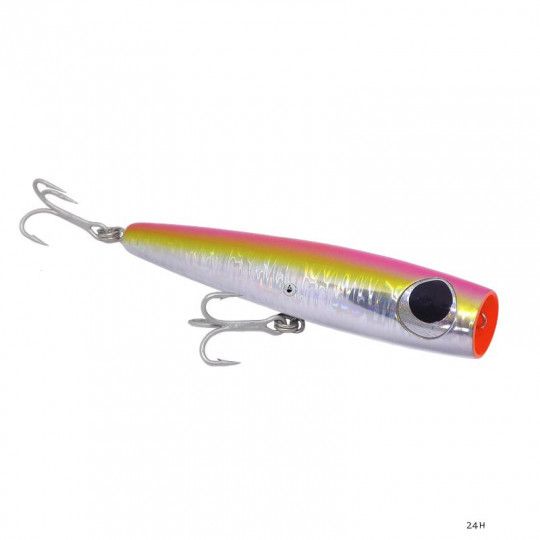
Shipping 24 H
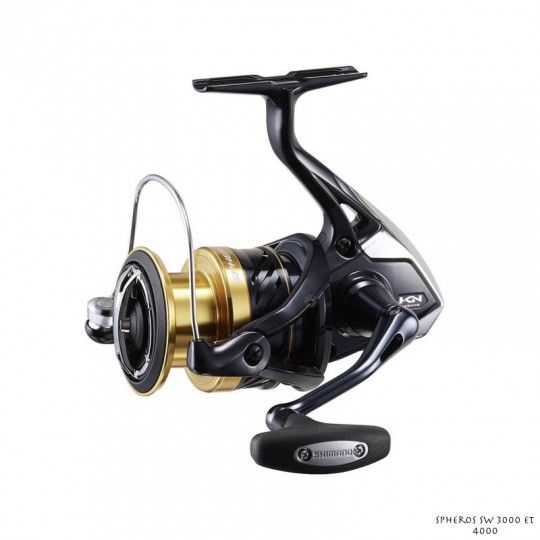
Shipping 24 H
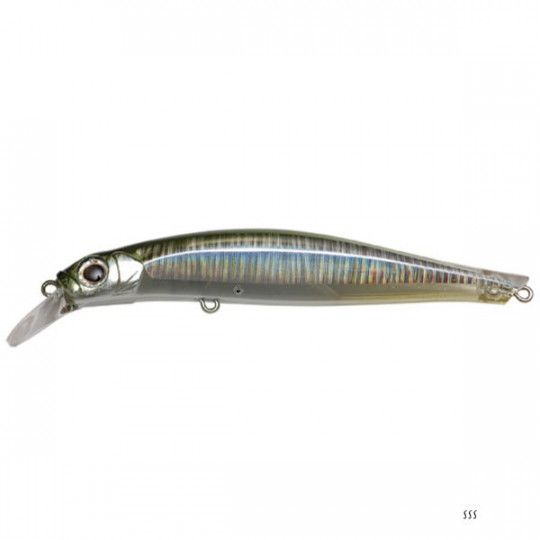
Shipping 24 H
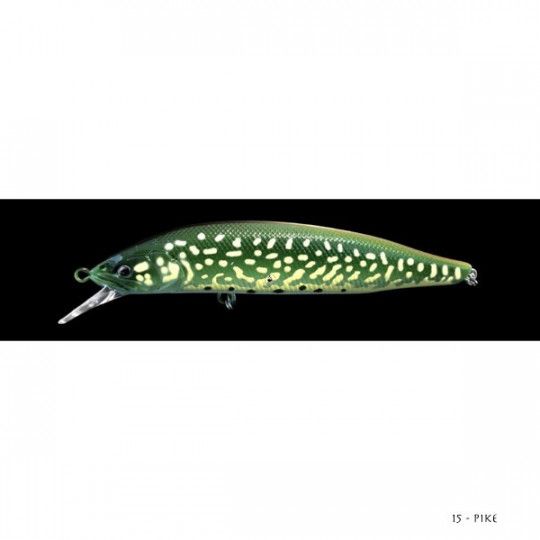
Shipping 24 H
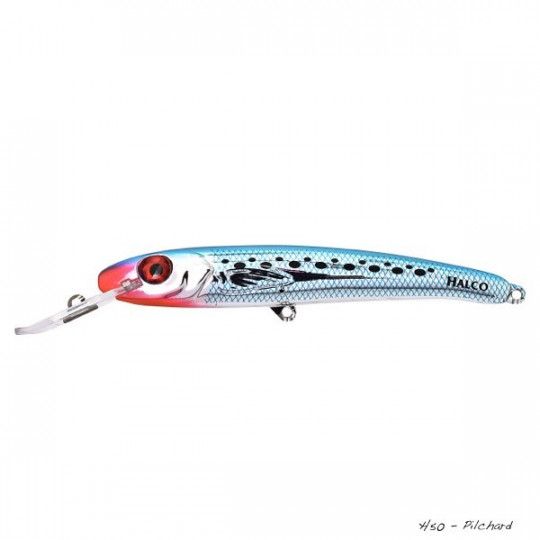
Shipping 3 à 7 jours
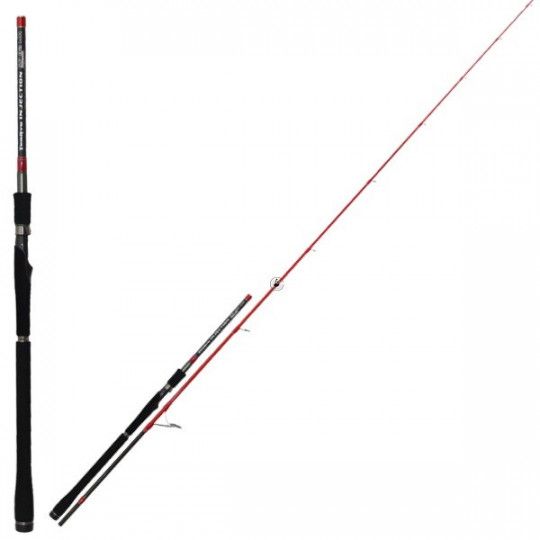
Shipping 24 H
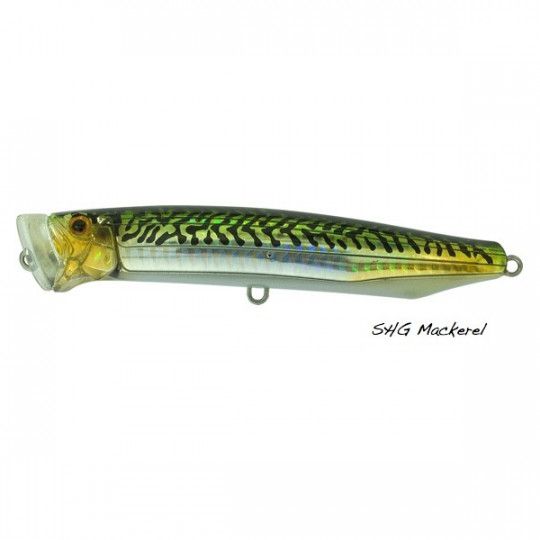
Shipping 24 H
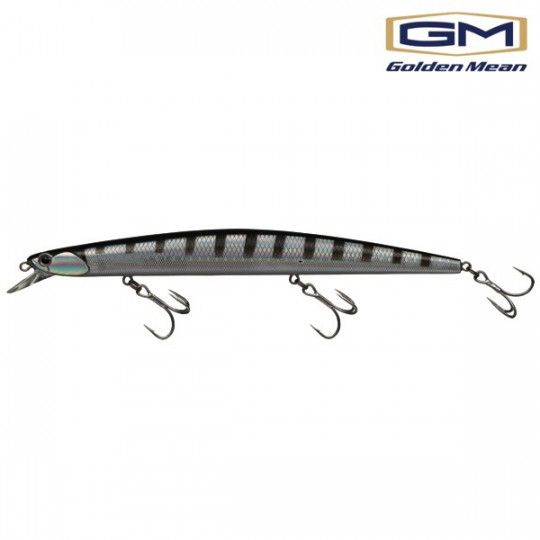
Unavailable at the moment
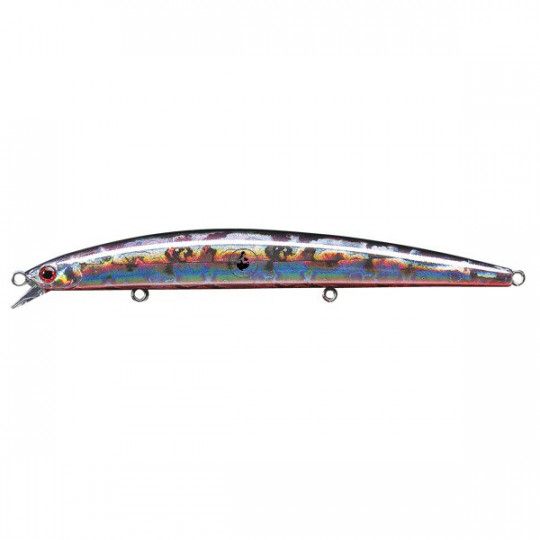
Unavailable at the moment
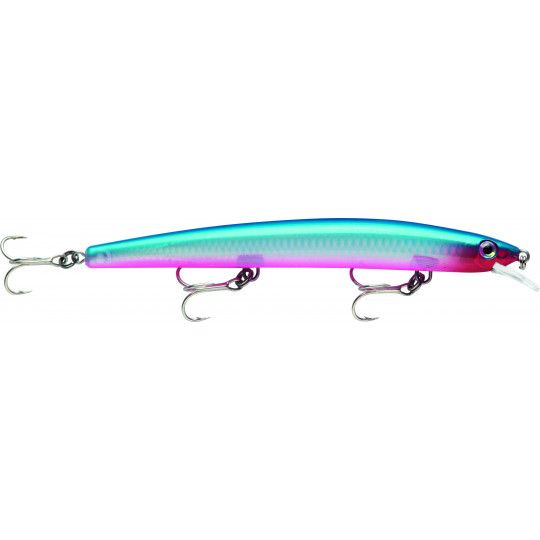
Shipping 3 à 5 jours
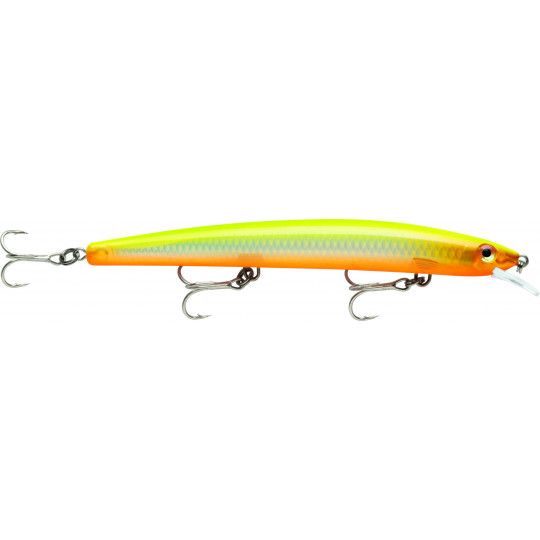
Shipping 3 à 5 jours
Read on the subject
Yourchoice of rod barracuda fishing rod will depend on the technique you use to track them. Among the various methods available are fishing with trolling, casting with a lure or jigging (vertical fishing). Here are a few examples of suitable rods:
The choice of reel for barracuda fishing will also depend on the fishing technique used. Here are a few suggestions for different fishing methods:
Barracudas are renowned for their lightning attacks and voracity. They are particularly keen on lures adapted to barracuda that imitate the fish they usually feed on. Barracudas are particularly attracted to shiny fish. So you'll need to adapt your choice of lures according to the local prey, but also the weather conditions and the depth at which you're fishing. Here are a few examples of effective lures:
These surface lures create noise, splashes and vibrations to attract barracuda. Poppers have a large concave head that pops every time the line is pulled. Stickbaits, on the other hand, have a zigzag swimming action that imitates that of a wounded fish. They are particularly effective on surface hunts when barracudas are stalking their prey in shallow water.
These lures have an internal swimming or vibrating system that generates an attractive action for barracudas, even when they are not hunting. The choice of colour is also important, as it can influence the effectiveness of your lure depending on the light conditions, the colour of the water and the presence of other fish. Remember to use shiny lures!
These are lures designed to be moved vertically (jigging) or horizontally (casting-retrieving) to attract barracudas at depth or those that prefer rough water. They come in a variety of shapes, from the classic fish- or spoon-shaped jigs to more modern versions such as spoon-tails or metal-jigs. Don't forget to equip your lures with simple, sturdy hooks to better resist the fearsome attacks of barracudas!
To complete your equipment, don't forget to include a few additional accessories:
By following this advice and choosing your tackle carefully, you're putting all the chances on your side for successful barracuda fishing in the best possible conditions. Good luck and good fishing!